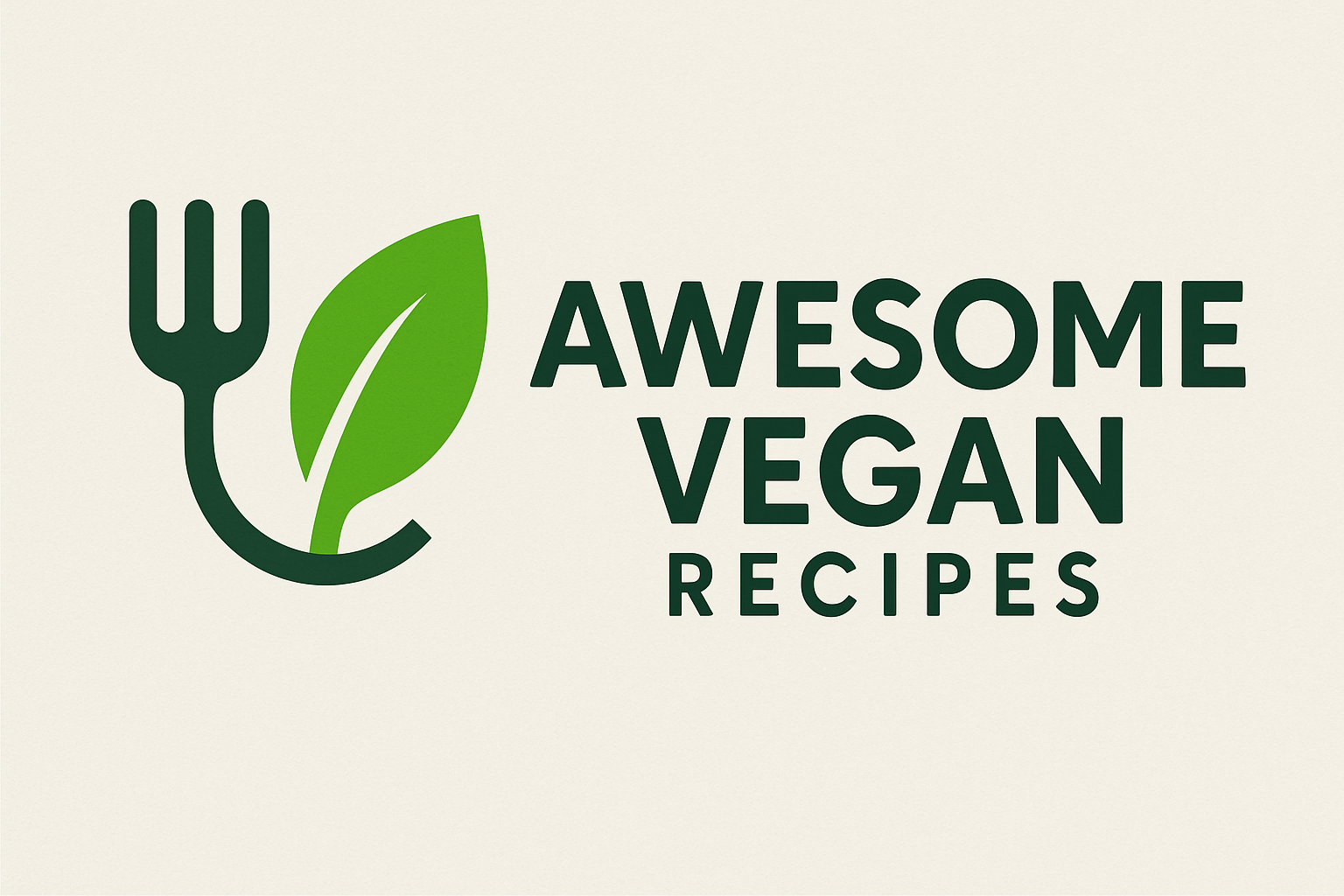Busting the top 5 myths about weight loss on a vegan diet
Busting the Top 5 Myths About Weight Loss on a Vegan Diet
With the rise in popularity of vegan diets for health and environmental reasons, many people are turning to plant-based eating to achieve their weight loss goals. However, there are many myths surrounding weight loss on a vegan diet that can be misleading. In this article, we will debunk the top 5 myths about weight loss on a vegan diet.
Myth #1: You can’t get enough protein on a vegan diet
One of the most common myths about vegan diets is that it is difficult to get enough protein. While it is true that animal products are a rich source of protein, there are plenty of plant-based protein sources available to vegans. Legumes, lentils, tofu, tempeh, quinoa, nuts, and seeds are all excellent sources of protein that can easily be incorporated into a vegan diet.
In fact, many studies have shown that vegans can meet their protein needs by consuming a variety of plant-based foods. Additionally, plant-based protein sources are often lower in saturated fat and cholesterol, making them a healthier option for those looking to lose weight.
Myth #2: Vegan diets are high in carbs and sugar
Another common myth about vegan diets is that they are high in carbohydrates and sugar, which can lead to weight gain. While it is true that some vegan foods, such as fruits and grains, are rich in carbohydrates, it is important to remember that not all carbs are created equal.
Whole grains, fruits, vegetables, and legumes are all part of a healthy vegan diet and can help support weight loss. These foods are rich in fiber, vitamins, and minerals, which can help keep you feeling full and satisfied. Additionally, choosing whole, minimally processed foods can help regulate blood sugar levels and prevent spikes in insulin, which can lead to weight gain.
Myth #3: Vegan diets are boring and restrictive
Many people believe that vegan diets are bland and boring, with limited food options. However, the truth is that there are endless possibilities for delicious and satisfying meals on a vegan diet. With an abundance of fruits, vegetables, grains, legumes, nuts, seeds, and plant-based alternatives, there are plenty of ingredients to create flavorful and exciting dishes.
By experimenting with different herbs, spices, and cooking techniques, you can create a wide variety of vegan meals that are both nutritious and delicious. Whether you’re craving a hearty stew, a creamy pasta dish, or a fresh salad, there are vegan recipes to suit every taste preference.
Myth #4: Vegan diets are not sustainable for long-term weight loss
Some people believe that vegan diets are not sustainable for long-term weight loss due to the restrictive nature of cutting out animal products. However, many studies have shown that vegan diets can be just as effective for weight loss as omnivorous diets, and may even offer additional health benefits.
Research has shown that vegans tend to have lower body mass indexes (BMIs) and lower rates of obesity compared to non-vegans. Additionally, vegan diets are typically higher in fiber, vitamins, minerals, and antioxidants, which can support overall health and weight loss.
By focusing on whole, plant-based foods and incorporating a balanced mix of nutrients, vegans can achieve sustainable weight loss and maintain a healthy lifestyle in the long term.
Myth #5: Vegan diets are not filling and satisfying
Another common myth about vegan diets is that they are not filling or satisfying, leading to constant hunger and cravings. While it is true that some vegan foods may be less calorie-dense than their animal-based counterparts, there are plenty of plant-based foods that can help you feel full and satisfied.
Fiber-rich foods like fruits, vegetables, whole grains, and legumes can help keep you feeling full for longer periods of time. Additionally, including sources of healthy fats like avocados, nuts, and seeds can help add flavor and texture to your meals, making them more satisfying.
By focusing on nutrient-dense, whole foods and listening to your body’s hunger cues, you can create a vegan diet that is both filling and satisfying, leading to successful weight loss.
In conclusion, there are many myths surrounding weight loss on a vegan diet that can be misleading. By debunking these myths and focusing on a balanced, plant-based diet rich in whole foods, you can achieve your weight loss goals and maintain a healthy lifestyle in the long term. Remember, everyone’s body is different, so it’s important to listen to your body’s needs and make choices that support your individual health and wellness goals.






